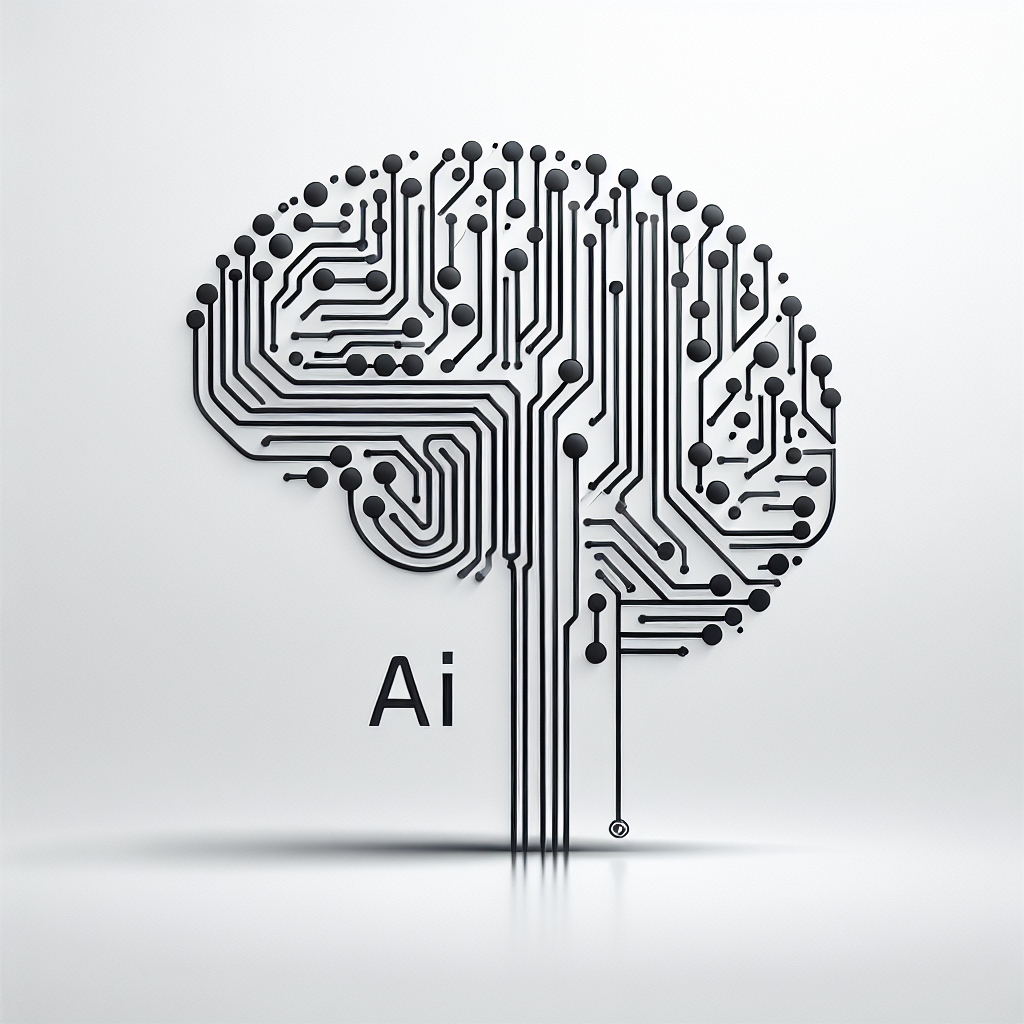China's AI Push: Strategic Gains and Global Tensions
Chinese President Xi Jinping emphasizes AI as a strategic technology crucial for future competitiveness. He advocates for resource mobilization, self-reliance, and focused development in AI. Xi acknowledges existing gaps in core technologies and stresses innovation. Controversies arise with AI applications such as DeepSeek, affecting international relations.

- Country:
- China
In a bid to make significant strides in Artificial Intelligence (AI), Chinese President Xi Jinping has emphasized the importance of AI as a key strategic technology. Highlighting its potential to drive the next technological revolution, Xi asserts that AI is transforming production and everyday life.
During a Communist Party meeting, Xi stressed the need for China to leverage its system to mobilize resources effectively, focusing on self-reliance and application-driven development. He acknowledged existing gaps in fundamental theories and technologies, urging increased efforts in science and technology innovation, industrial growth, and AI application enhancement.
The growing prominence of Chinese AI firms, such as High-Flyer with its DeepSeek tool, has sparked international concern, particularly in the US, over alleged security threats and data privacy issues. These developments have led to geopolitical frictions, including trade disputes and tech restrictions, as nations like India impose limitations on AI tool usage.
(With inputs from agencies.)
ALSO READ
Railway Technology Overhaul: Ensuring Safer Tracks
The MGM Group: Balancing Legacy and Innovation
New Study Challenges 50-Year-Old Model of Bacterial Gene Regulation, Opening Doors for Antibiotic Innovation
Empowering Students: DreamXec Revolutionizes Innovation Funding
Innovation Reverberates at Tamil Nadu Temple with Robotic Elephant










